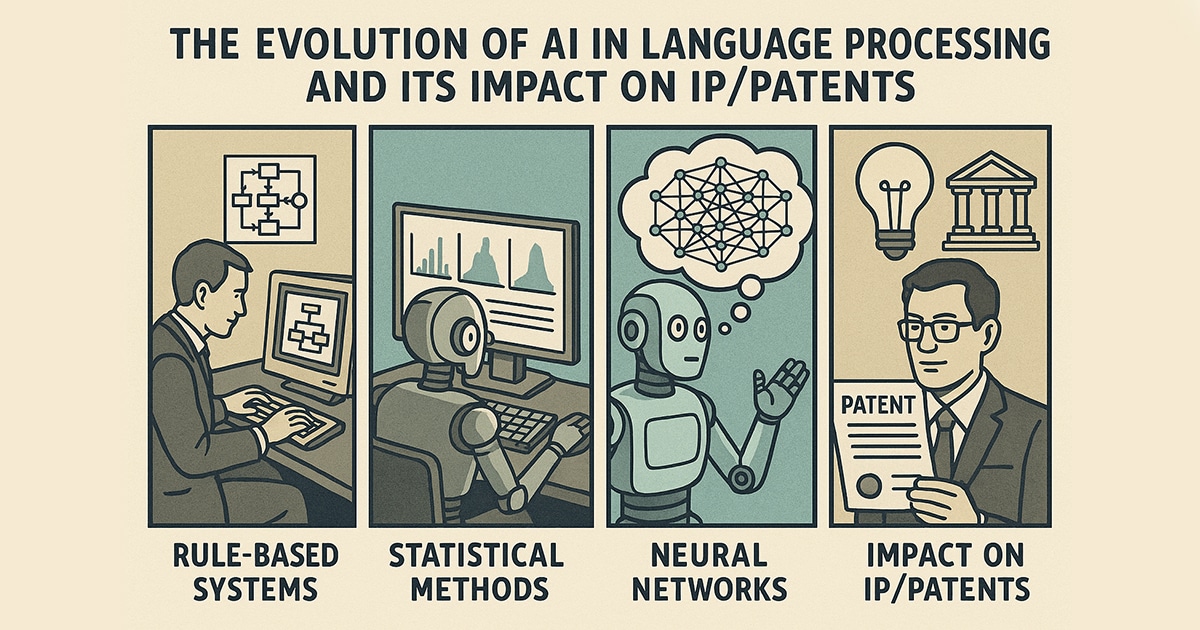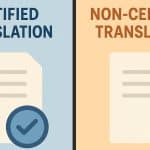AI refers to machine learning models that generate new content such as text, images, audio, and video. One familiar example is LLMs, like ChatGPT, trained on vast datasets of internet text. These models are now performing a wide range of language tasks and showing real potential in the IP space. Let us look at its impact on IP patents industry.
Regarding Patent Search and Analysis, the LLMs help with prior art searches by scanning large databases and identifying relevant documents. This can significantly cut down the time attorneys spend looking for comparable inventions. They also assist with trend analysis by evaluating volumes of filings to reveal patterns and emerging tech areas—valuable insights for strategic planning.
The AI-assisted Patent Drafting provides a thorough explanation of the invention, is an essential component of the intricate process of creating a patent application. AI algorithms have been created to evaluate technical document content and categorize it into many preset groups.
The Intellectual Property Protection for AI-generated Inventions will result in the automation of jobs that are now done by people, continue to progress. As a result, the AI community will want less stringent intellectual property regulations. It seems sense that there would be some incentive for inventors to employ AI technology and then patent their creations, given the well-known role that patents play in the economy in encouraging innovation.
The latest impact of AI on IP/Patents is Language Processing Tasks. The LLMs excel at summarizing complex patent documents into digestible overviews, ideal for attorneys needing quick comprehension. Translation is another area of interest, and it’s here that a different AI approach takes the lead.







